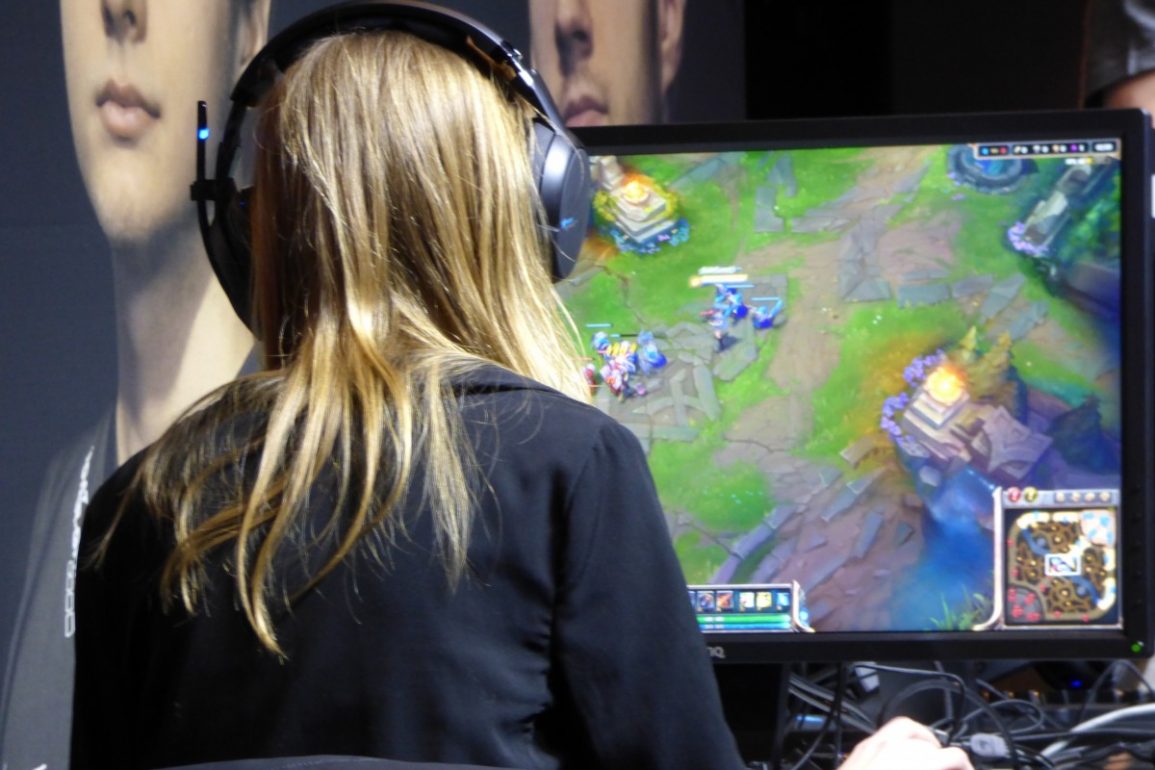Women and Gaming: A New Era – The gaming industry is fast becoming the world’s top Big Tech sector. Gaming is already proving to be more popular than traditional forms of entertainment, including movies and music streaming, and as daily activities become increasingly gamified, even more attention will be turned toward the industry.
Women have been a part of the gaming industry since its early inception, both as players and as developers. Recent statistics show that female players account for around 48% of global gaming audiences. However, female representation in gaming has been a contentious issue for some time, with women being underrepresented in many aspects of the industry despite making up a significant portion of the gaming population.
In this article, we’ll discuss some of the barriers to entry that female gamers have faced and, more importantly, take a look at the ways in which this is being addressed.
Female Gamers Don’t Identify with Female Characters
Certain aspects of the gaming industry have largely been male-dominated, which has led to the perception of gaming as being part of machismo culture. In truth, anyone of any gender or age can play, create or promote video games, and the industry should provide opportunities to all people with a passion for the industry. This includes plenty of on-screen representation.
This is an area that has sadly been lacking and, for so long, there was a distinct lack of representation of relatable female characters in games themselves. Many popular games feature male protagonists and male-dominated casts, and female characters have typically been subject to the male gaze or created to fill the damsel in distress trope.
Unfortunately, female players have also faced hostility in the gaming community, which some researchers have linked to the direct lack of on-screen representation. This has made it difficult for women to participate in gaming communities and may even have discouraged them from pursuing careers in the gaming industry.

Despite these challenges, women continue to be a vital part of the gaming world. Many women are breaking down barriers and making their mark in the industry as players and professionals, and in recent years, several companies and organisations have made increasing efforts to promote diversity and inclusion. It’s clear that, as the industry does become more inclusive, it will welcome players of all types and provide them with opportunities to shine.
Female Gaming Pioneers of the 21st Century
It’s important to recognise that, even though the gaming industry has been male-dominated, the representation of women in gaming is increasing. Women are more and more involved in the industry as players, developers, and as leaders.
Furthermore, throughout the history of gaming, there have been female pioneers who achieved significant advancements towards the development of the cutting-edge titles that we play today. Programmer Carol Shaw, game writer Roberta Williams, and designer Jane Jensen all played key roles in ensuring the growth of gaming in the 20th century.
The Future’s Female
The industry itself is undoubtedly making a concentrated effort to improve female representation, with many companies now offering flexible working hours and work-from-home options to support the lives of working women. Then, there are the games themselves that are more welcoming to female players, both in the ways that they can be played and how they feature and treat female characters.
The accessible nature of playing games online makes it more welcoming to female players and anyone who feels uncomfortable in a traditional gaming environment – this is particularly evident in the online poker segment. Digital platforms like PokerStars make it simple for gamers of all genders to learn how to play a number of different variants, including Texas Hold’em. In fact, Muskan Sethi, India’s first professional female poker player, started her career in the online realm.
A number of games have been released in recent months that are radically reshaping the perception of female characters. Even minor characters are being crafted in a way that makes the in-game universe feel more expansive and inclusive, while games featuring female protagonists are doing so in an engaging and relevant way. The character of Freya in Ragnarok God of War undergoes complex character development in the game, while Aloy’s journey takes centre stage in Horizon Forbidden West.
Poppy Watt


